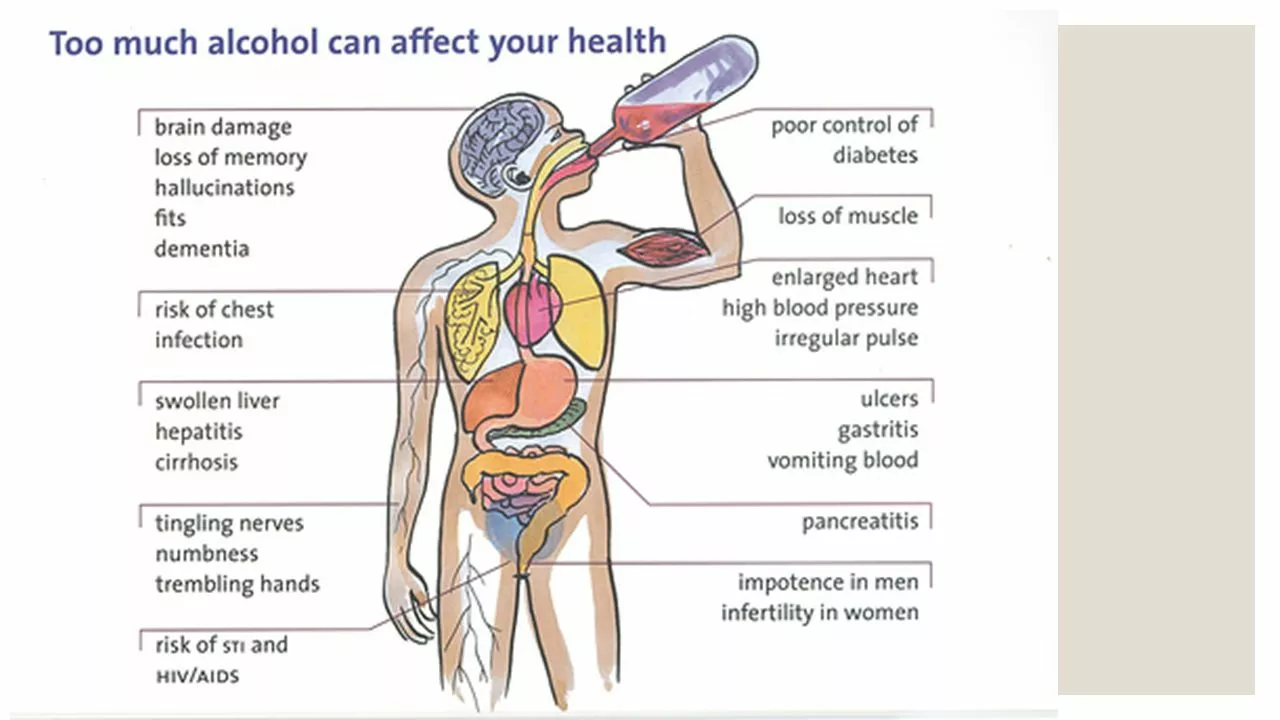Alcohol and Your Health: Practical Tips on Drinking, Meds, and Dependence
Alcohol touches a lot of health topics: everyday social drinking, how it changes when you’re on medication, and what to do if you need help stopping. This page collects clear, practical guides so you can make safer choices right now—no lectures, just useful steps.
Quick rules for drinking when you’re on meds
First: always check your prescription or talk to your pharmacist. Some meds are harmless with a drink, others can cause serious reactions. For example, metronidazole (Flagyl) can make you very sick after alcohol — nausea, flushing, and vomiting are common. Drugs like disulfiram (Antabuse) intentionally cause unpleasant reactions to stop drinking, while drugs used for alcohol dependence (naltrexone, acamprosate) work differently and need supervision.
Practical checklist before a drink: 1) Read the leaflet that came with your medicine. 2) Ask your pharmacist if alcohol affects absorption or side effects. 3) Watch for immediate signs after drinking — severe nausea, fainting, fast heartbeat, or extreme drowsiness mean stop drinking and seek help. 4) Avoid heavy drinking the day you start a new medication; give your body time to adjust.
How to socialize safely without risking treatment
You don’t have to skip every event. If your medication warns about alcohol, plan ahead. Choose mocktails or low-alcohol options, eat before drinking, and sip slowly. If you take a medication that raises potassium (like some diuretics) or affects blood pressure, avoid binge drinking — it can increase dizziness and fainting risk. Bring a friend who knows about your meds, or tell the bartender you can’t have strong drinks.
If stopping alcohol is the goal, know there are medical options beyond Antabuse. Naltrexone can reduce the urge to drink; acamprosate helps with cravings after stopping. Other tools include counseling, support groups, and structured relapse prevention. Our deeper guides compare these options so you can talk with your clinician armed with questions.
Quick signs you should seek medical help: withdrawal tremors, high fever, seizures, confusion, or vomiting you can’t control. Those require urgent care. For milder concerns — trouble sleeping, mood swings, or new medication side effects — schedule a follow-up with your prescriber and be honest about drinking levels.
Want to read more? We have specific posts on spironolactone and alcohol, safe social tips, and the top alternatives to Antabuse in 2025. Each article gives real-world steps: what to say to your doctor, how to lower risk at parties, and what to watch for when mixing meds and alcohol. Pick the guide that matches your situation and use it to start a safer plan today.
The Effects of Alcohol on Hyperprolactinaemia: What You Need to Know
In my latest blog post, I explored the effects of alcohol on hyperprolactinaemia, a condition in which there is an excess of prolactin hormone in the blood. I discovered that alcohol consumption can lead to an increase in prolactin levels, potentially worsening the symptoms of hyperprolactinaemia. This is important to know, as it can affect both men and women, causing issues such as infertility, sexual dysfunction, and even bone loss. So, if you or someone you know is struggling with hyperprolactinaemia, it's crucial to be cautious about alcohol intake. Make sure to check out my full blog post to learn more about this connection and ways to manage it.






